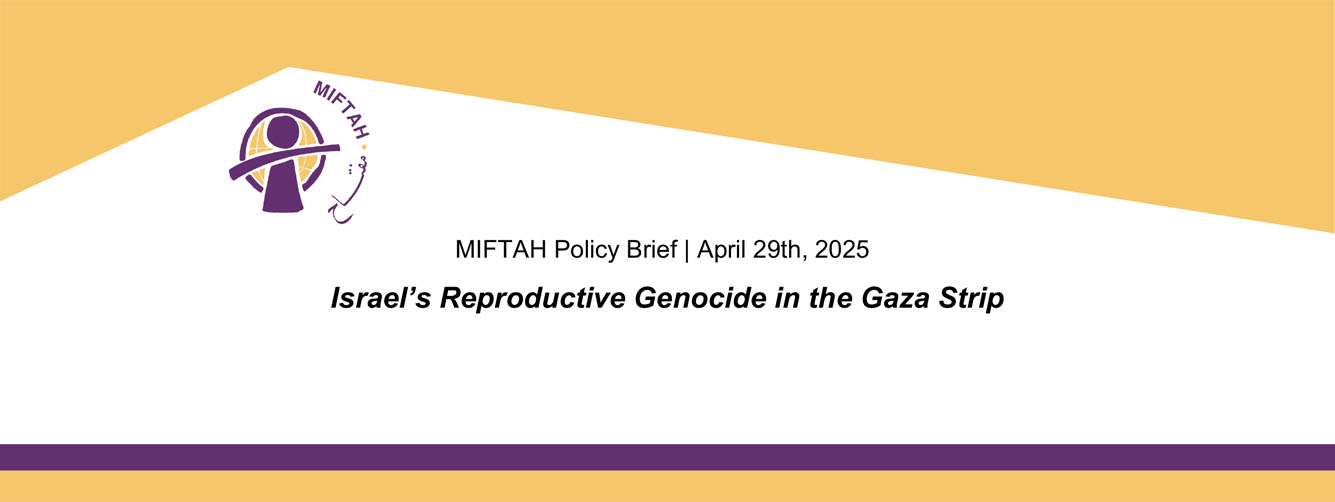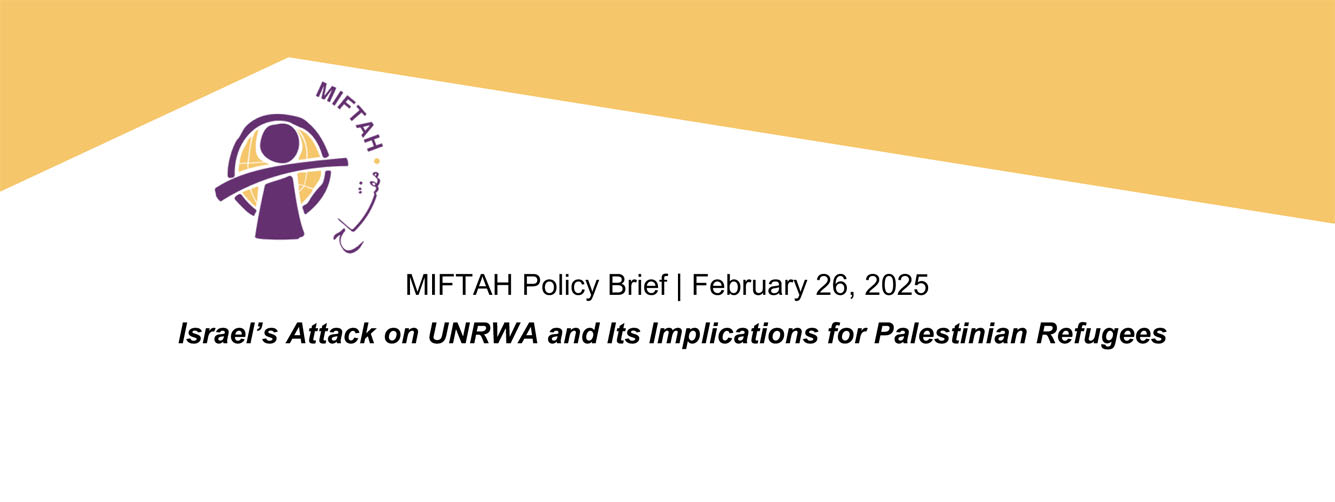Executive Summary
The Human Development Report ≠ Palestine (PHDR) covers the years 2003 and 2004. As it was being prepared, the Palestinian situation suffered numerous political, social, and economic setbacks that reflected two contradictory phenomena. The first was seen in systematic destruction and severe deterioration on virtually all levels, inflicted mainly by the practices of the occupation but magnified by internal structural faults in the political and institutional spheres. On the other hand, Palestinians have displayed hope, steadfastness, and perseverance throughout these difficult times, qualities which found expression in many creative initiatives that bore testament to the eternal endurance of hope for a better life characterized by liberty, equality, and peace.
The Palestinian people have been engaged for decades in dual endeavors: the work of national liberation on the one hand, and furthering development on the other. Within the framework of these endeavors, it is essential to activate and strengthen the role of the Palestinian people, who are at the same time the creators of the strategies to achieve these goals and the target of the goals. Therefore, the present report focuses on the empowerment of Palestinians as the basis for strengthening Palestinian society building, with all that this entails in terms of possessing moral strength as well as quantitative abilities, as two necessary components that are indispensable for reviving the spirit of human initiative and action.
The late President Yasser Arafat served as both symbol and leader of the Palestinian experience, with all of its achievements and differences. In his absence, there are new challenges for uniting Palestinians in action for national liberation and development. Perhaps the upcoming elections and the completion of the reform agenda are the most important opportunities to prove the collective Palestinian ability to safeguard their national aspirations and to ready them to achieve independence and freedom. This will require establishing internal Palestinian relationships based on the principles of institutionalization and the rule of law, complementary relations between governmental organizations and NGOs, and the synchronization of political, cultural, educational, and development visions and methods. In the Palestinian context, these foundations must be built upon first, as they are central to any empowerment effort.
The 2004 PHDR is an attempt to assess the various aspects of the Palestinian condition as a first step toward an integrated approach to the development of Palestinian individuals and society and to strengthen the social fabric needed to support our national liberation and development activities. To this end, each section of the report addresses these aspects from two perspectives. From the first perspective, the general Palestinian condition is assessed in order to gain an understanding of what exists, what is hoped for, and what is possible given internal and contextual challenges. The second perspective analyzes major forces influencing independence and development, such as occupation, external factors (especially international funding), and the role of Palestinian governmental organizations and NGOs. These lead to general and sector-specific recommendations for how efforts can be channeled in the most productive way possible.
The PHDR poses a set of essential questions. The answers to these questions—not only in academic terms, but also in terms of changes in attitude and behavior on the ground—can serve to move society from a state of fragmentation and disintegration to a state of empowerment that will preserve the Palestinian social fabric and consolidate its abilities and potential to achieve humanitarian and national goals. The PHDR poses the following questions for both Palestinian and international institutions:
- What is the role of institutions in empowering Palestinian society to achieve its legitimate rights as stipulated in United Nations conventions?
- How can institutions help strengthen the fabric of Palestinian society in order to preserve unity and commitment in the face of challenges?
- What is their role in attaining true empowerment of the individual, as well as groups that represent the individual and serve as advocates for individual human rights?
- What structural changes have development institutions achieved to further integrate marginalized groups into society and to allow them to participate fully in the development process and enjoy its benefits?
One of the most significant messages of the PHDR is that in order to answer these questions, local and international institutions will need to radically change the way in which they view their past and future roles in advancing the Palestinian agenda. Therefore, the PHDR aims to:
- Provide an objective Palestinian perspective of empowerment as a basis for achieving development and independence based on the cumulative experience of Palestinian society.
- Expand and deepen internal Palestinian dialogue on vital issues affecting the Palestinian present and future on a scientific and systematic basis and within the framework of the analyses put forth by a number of Palestinian experts.
- Establish an organic, studied, and evidence-based relationship between the tasks of national liberation and development-based institution building which fully incorporates an awareness of the Palestinian context.
- Increase active participation in policy- and decision-making at all levels of Palestinian society, starting with the approach adopted in preparing this report, which involved many Palestinian experts, institutions, and grassroots community members. Chances for success are increased by widening the framework of participation and the sharing of responsibility.
- Highlight Palestinian development initiatives by presenting experiences within the 101 Points of Light project and, in so doing, demonstrate the success of Palestinian development efforts and initiatives at the project level, affirming the necessity of strengthening that work and of development coordination to bring about the desired development changes on a general level.
- Offer a number of recommendations that may benefit decision-makers, such as general guidelines on future Palestinian work as well as program-specific policies. These recommendations must encompass work on two levels: the macro level, to include all parties concerned with the issue of Palestinian development, as well as the sector level, involving governmental institutions, civil society organizations, and others.
Perhaps the most important conclusion of the PHDR is that empowerment as defined in the Palestinian context means promoting the vast potential within Palestinian society so that it can maintain its presence on Palestinian land and evolve into a viable society, capable of preserving its cultural and national identity and of developing all its resources. This requires the activation of all of society’s dormant energies —residing in its individuals, institutions, and system of values—and developing them in order to accomplish its historic endeavor of self-determination and building an independent state. Therefore, the PHDR presents a number of general recommendations, which provide the basis for additional, more detailed recommendations. These general recommendations include:
- The need, in the work of Palestinian institutions, to link the national liberation dimension and the human dimension. The first dimension requires mobilizing resources and abilities to bolster people’s steadfastness, to enable them to stay on their land, to coalesce in the face of the policies of fragmentation and disintegration imposed by the occupation, and to validate and shore up the resistance while also negotiating political issues with Israel successfully and effectively. The human dimension requires mobilizing all resources at our disposal in order to create a climate conducive to the generation and restoration individualsß capabilities and skills, promoting a collective spirit of initiative, and protecting the basic rights and freedoms of all citizens. This will require the involvement of all society’s institutions, supported by a broad and organized grassroots base to keep them strong and to protect all achievements in the areas of empowerment and resistance.
- The need for the empowerment vision to arise from recognition of the negative effects of Israeli occupation, along with the need to seriously address internal obstacles and challenges.
- Ensuring the readiness of political will and necessary resources to convert development-empowerment visions into clear and specific goals.
- Aligning the development agenda with the priorities of Palestinian society by involving all sectors of society,
especially the private and NGO sectors, in setting this agenda. The empowerment process is based primarily on the perspectives
and interests of the general population as established through free and uninhibited public discourse.
Encouragement of public debate will restore faith in the Palestinian individual’s role in the development process, not as a powerless and visionless recipient of aid and assistance, but as a proactive part of the empowerment process through intellectual and practical involvement. - Viewing empowerment as cumulative and sustainable process linked to every sector of society rather than a
temporary, separate, and independent process.
The purpose of holding a public conference to launch the publication of the Human Development Report was to invite feedback from the greatest possible number of groups, organizations and individuals, thereby increasing the numbers of those who have contributed to its development, and enriching its contents with the views, suggestions, and recommendations of concerned local and international experts and institutions.
The conference also served as an additional guarantee of the report’s objectivity, neutrality, and richness in its quest to examine the Palestinian condition and striving to change it for the better. To this end, the discussions, suggestions, and recommendations of conference participants were incorporated into the final version of the report. Participants were drawn from local and international governmental organizations and NGOs, and the conference was held simultaneously in Ramallah and Gaza, thereby ensuring full participation representatives from all geographic areas within Palestine.
To viewThe Full Report as PDF File (1,10)MB






